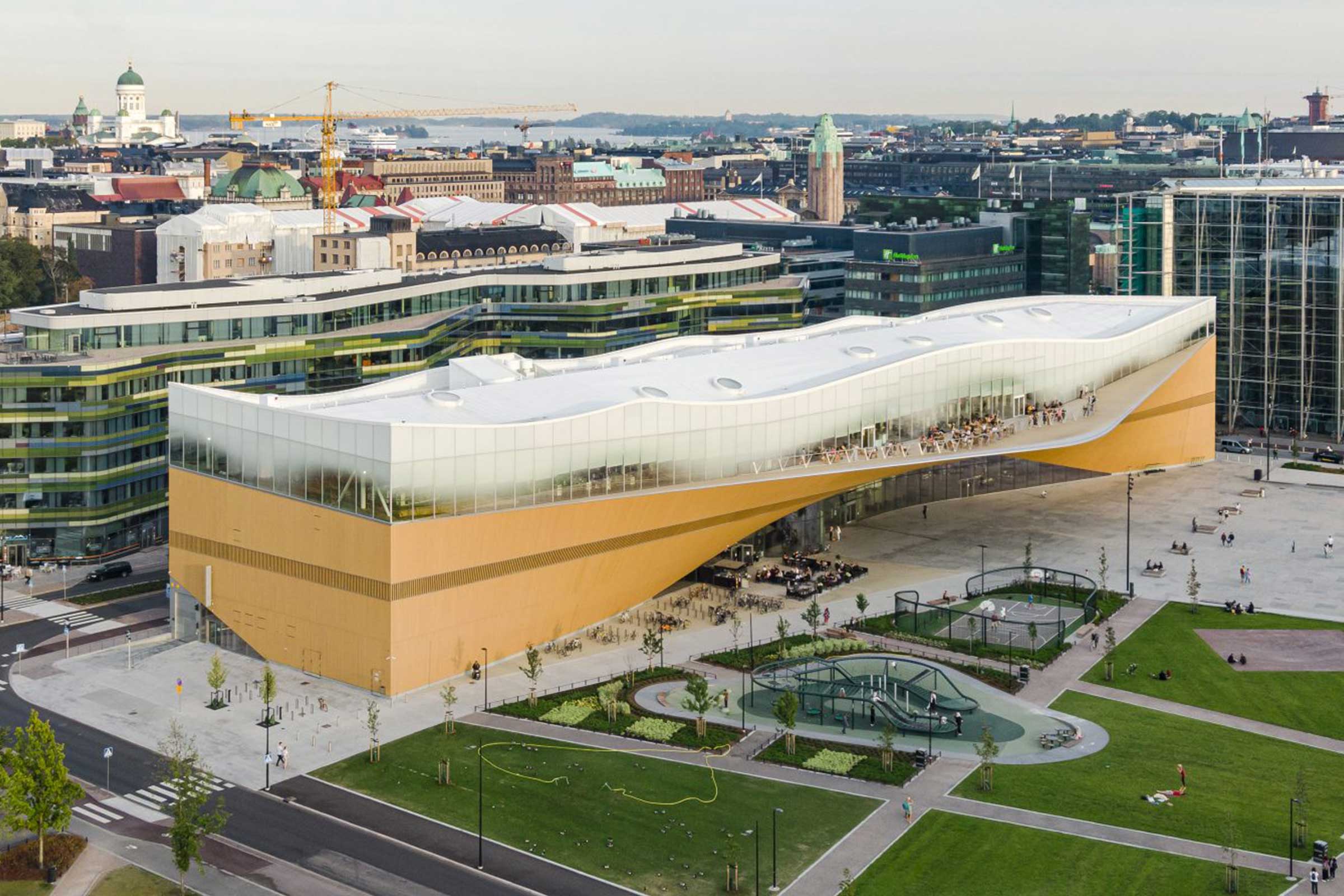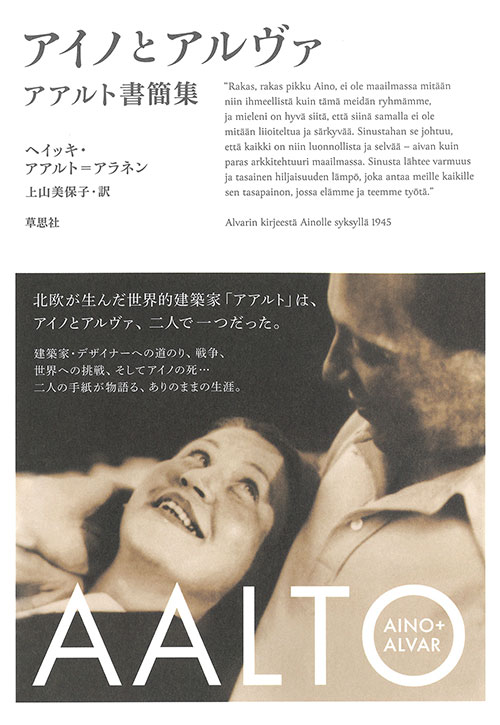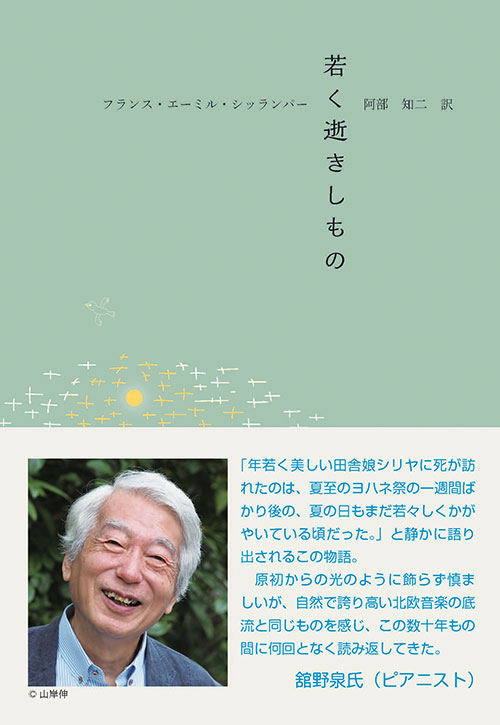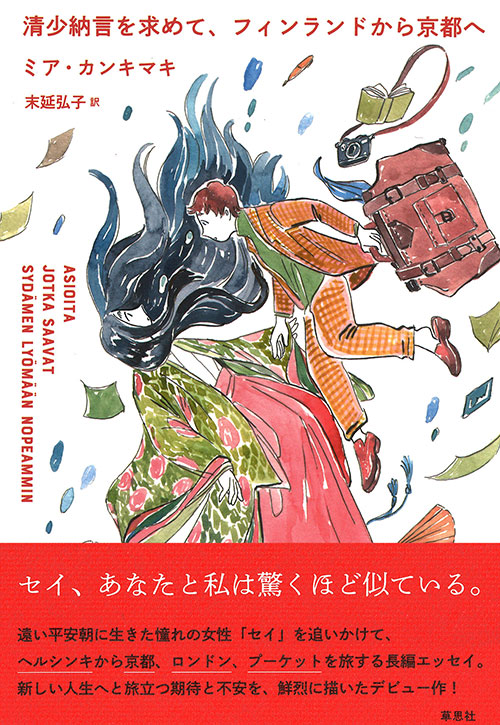
Oodi library, Helsinki, Finland, exterior
The Reading Week is a national literacy theme week that aims to provide information and content on current issues related to literacy and reading. It is an annual national event held in April focused on conveying literature to all generations. The Reading Week is organized by the Reading Centre together with representatives of the book industry.
The Turku Fair Center hosts a wide range of fairs and events in autumn. The Turku Book Fair is attended by numerous publishers as well as leading industry organizations and businesses. The fair offers dozens of interesting discussions on current themes and unique encounters with authors. Held in the City of Turku, this Book Fair is a cozy meeting place for the book industry.
The Helsinki Book Fair gathers writers, politicians, journalists, artists, and experts every year to discuss important events of our time. Freedom of speech, tolerance and respect for human rights are some of the key values underpinning the fair. During four days in autumn, the fair celebrates Finnish literature and up-and-coming talent with literary guests from all over the world in multiple venues with a variety of programs. The Wine and Food Dait is held in Messukeskus at the same time.
The annual five-day poetry festival is held in the beginning of July. Founded in 1976, the festival focuses on poetry, recitation and theater. The program can be relied on to be surprising, entertaining, and up-to-date, with performances of various forms of art, as well as meet-and-greets and discussions with artists. Poetry and music performances are held in the Kaukametsä Culture and Congress Centre, markets and theaters, parks and clubs.
The Helsinki Lit International Festival is held annually in May and gathers famous voices of the literary scene, especially the Nordics, to spark dialogue and progressive exchange. Guests from abroad will meet on stage with Finnish authors and cultural influencers. The festival program traditionally begins with the awarding of the Jarl Hellemanns Translation Prize.
The Finnish Literature Society awards the Aleksis Kivi Prize from the Aleksis Kivi Fund every three years to honor literary works in Finnish and the literary work of the laureate. It is a lifetime achievement prize. All genres of fiction are taken into account but the prize honors in particular narratives, poetry and plays. The Aleksis Kivi Fund has awarded prizes to distinguished Finnish writers since 1936.
Finlandia Prizes are the most prestigious literature prizes in Finland. They are awarded annually to outstanding Finnish publications in the three categories Fiction, Non-fiction and Children’s and youth literature. The Prize is endowed with a total of 30,000 EUR.
The Väinö Linna Society is a traditional organization whose diverse activities combine members’ interests in the life and works of an author with diverse and active cultural activities. The Väinö Linna Prize is awarded by the City of Tampere since 1962. It is awarded irregularly for achievements in fiction writing. The award is endowed with 10,000 EUR.
Established in 1995, the Helsingin Sanomat Literature Prize honors the best Finnish-language debut novel of the year. It is awarded annually in November, around the anniversary of the founding of Helsingin Sanomat, the largest subscription newspaper in Finland and the Nordic countries. The prize is endowed with 15,000 EUR.
These national prizes are awarded in recognition of outstanding work completed within the previous three years or for long-term and outstanding activity in the art field in question. The State Prize in the category Literature is awarded to writers and translators by the Finnish State Literature Committee. The present prize for literature has been awarded since 1999. There are also prizes in the categories Illustration and Comics.
The festival program of the Helsinki Lit Festival begins with the award ceremony of the Jarl Hellemann Translation Book Prize, which is awarded annually for a high-quality Finnish translation of a quality work of fiction. The prize was established in 2014 and aims to support and promote translation. It is awarded by the Finnish Book Foundation.
The State Prize for Foreign Translators has been awarded by the Finnish Ministry of Education and Culture since 1975 to recognize the outstanding achievements of translators. The prize is endowed with 10,000 EUR and honors the translation of Finnish literature into another language. The Ministry of Education and Culture awards the Translator Prize annually based on a proposal by the Finnish Literature Export Centre FILI.
Mustarinda is located at the top of the second highest hill in Kainuu, on the northeastern edge of the Paljakka Nature Park. The Mustarinda house is run by Mustarinda association members and volunteers. The Mustarinda Association is a group of artists and researchers, whose goal is to promote the ecological rebuilding of society, the diversity of culture and nature, and the connection between art and science. The residency program is open to different kind of arts, and aims to bring together practices that support each other and allow new discussions.
The main purpose of the Kivi-talo Foundation is to improve the working conditions and opportunities of authors as well as to expand their interaction and correspondence with readers. The Writers’ House Villa Kivi is a stronghold for writers and writers’ societies in Linnunaulu, Helsinki, and located by Töölönlahti bay. Villa Kivi houses 14 workrooms for writers as well as three residency guest rooms for artists visiting Helsinki on short-term stays.
The Saari Residence is an international artist and researcher residence maintained by the Kone Foundation in Mynämäki. Its mission is to provide artists and researchers from different fields with a peaceful working environment and a meeting place. The program is open to Finnish and foreign professional artists, writers, composers, translators, curators, critics, and artist groups. The keywords are slowness, insight and change.
Dozens of professional artists from both Finland and abroad visit the residence at the Art Factory every year. Visits are organized through an open call for applications and in cooperation with various organizations. About 20 creatives of different fields can work in the building, which includes a library, space for workshops, large event halls, and a cinema. The residency is run by the city’s cultural services and the residency period is one to three months.
Outside the exhibition season, the exhibition spaces in Salmela’s main building are used by four to eight young artists. With this activity, Salmela, in cooperation with the municipality of Mäntyharju, seeks to support promising young artists in the fields of visual arts, music and literature. Working and living is free of charge for artists. The length of the working period is three to four months.


